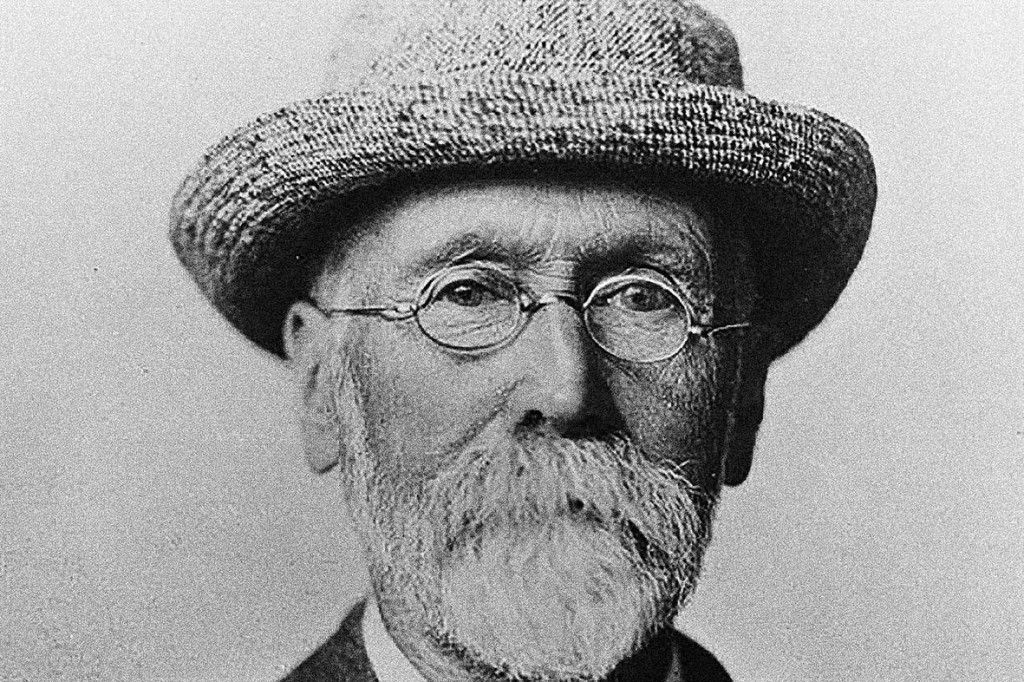The Joseph Rowntree Foundation: Shared Parenting & Fatherlessness
Pic: Joseph Rowntree
We were recently contacted by the Joseph Rowntree Foundation (JRF) after we posted a tweet stating that the JRF opposed equal rights for fathers and shared parenting. We knew that JRF reports were used by the anti Shared Parenting lobby, so it seemed like a reasonable assumption this was the case. However, presumption is like the weather, it cannot be relied upon.
So we started digging. In our archive we found notes from Fathers4Justice meetings in 2002/3, including some with Bob Geldof, where the JRF was mentioned and their reports were being used by organisations like the NSPCC and Gingerbread to oppose Shared Parenting.
We then asked the JRF if they supported equality for fathers and a legal presumption of 50/50 Shared Parenting and Shared Child Support. They said they were unable to answer this question as it was ‘outside their remit’ which is poverty in the UK.
However, not only have the JRF have written many reports on the area of family breakdown, but the question of Shared Parenting directly relates to poverty and men’s health issues, many of which flow from the cancer of family breakdown and mass fatherlessness.
The cost of family breakdown was estimated to be in excess of £46 billion a year – more than our entire defence budget – in a report produced by the Relationships Foundation think tank in 2013 http://www.dailymail.co.uk/news/article-2295040/Family-break-ups-cost-taxpayers-50bn-year-foot-subsidised-housing-crime-health-social-care-disrupted-education–cost-rising.html
Is it credible then that an organisation like the JRF have no position on Shared Parenting, fatherlessness (and in turn family breakdown), all of which we believe are key factors in pushing families into poverty?
In general the JRF appear to have failed to conduct any meaningful research into the effects of family breakdown and fatherlessness, the consequences of which indicate that dads are THREE times more likely to die after separation than mothers. http://www.express.co.uk/news/uk/550037/Family-separation-fatal-toll-absent-parent-die-earlier
It is also worth noting that suicide is the biggest killer of men under the age of 50. http://www.theguardian.com/society/2014/aug/15/suicide-silence-depressed-men
Despite this public health emergency, the position of the JRF has been deafeningly silent.
The JRF have produced a vast number of reports on social justice issues including divorce, but few address the issues of fatherlessness or Shared Parenting. Many of the comments in JRF reports about fathers are prejudicial, are not pro-shared parenting and are used by organisations like the NSPCC, Gingerbread and Cafcass to oppose Shared Parenting:
“Divorced and separated parents who resort to the law to settle chronic disputes over contact with their children risk making matters worse for all concerned.” http://www.jrf.org.uk/media-centre/divorced-parents-make-conflict-worse-going-court-over-child-contact-506
“The unreliability of non-resident fathers was a common theme and caused much distress.”
http://www.jrf.org.uk/publications/childrens-views-their-changing-families
“The absence of a parent-figure is not the most influential feature of separation for children’s development.” http://www.jrf.org.uk/publications/divorce-and-separation-outcomes-children
“A repeated theme was the unreliability of the non-resident father; that the child was let down when arrangements for meeting were not kept: ‘He says he’s picking us up somewhere, but he goes off with his girlfriends.” http://www.jrf.org.uk/sites/files/jrf/1842631470.pdf
The impression created by these comments are that fathers should not apply for contact with their children through the Family Courts; that fathers are not important; and that fathers are unreliable. Of course, if there was a legal presumption of Shared Parenting, most fathers wouldn’t need to go to court in the vast majority of cases. It is also unthinkable that these same comments would be made about mothers.
Some of this research has been produced by ideologically driven, anti-father academics like Liz Trinder (who claims there is no anti-father bias in the courts), working from a worryingly small sample. The results are wholly unreliable, unconvincing and should not be extrapolated to draw definitive conclusions which inevitably, the anti Shared Parenting lobby does to support it’s anti Shared Parenting stance.
In defence of the JRF, they have published some reports which are more favourable to fathers: http://www.jrf.org.uk/media-centre/work-and-family-pressures-put-modern-superdads-under-strain-says-report-391
On balance though, it appears the anti-father rhetoric outweighs the positive and the fact remains that the Joseph Rowntree Foundation refuses to answer whether it supports equality for fathers and Shared Parenting, which we believe would lead to better outcomes for our children, families and our country.
We hope the Joseph Rowntree Foundation will reflect on one of the social justice issues of our time and the impact this is having on the health of families, fathers and the well being of our country.



